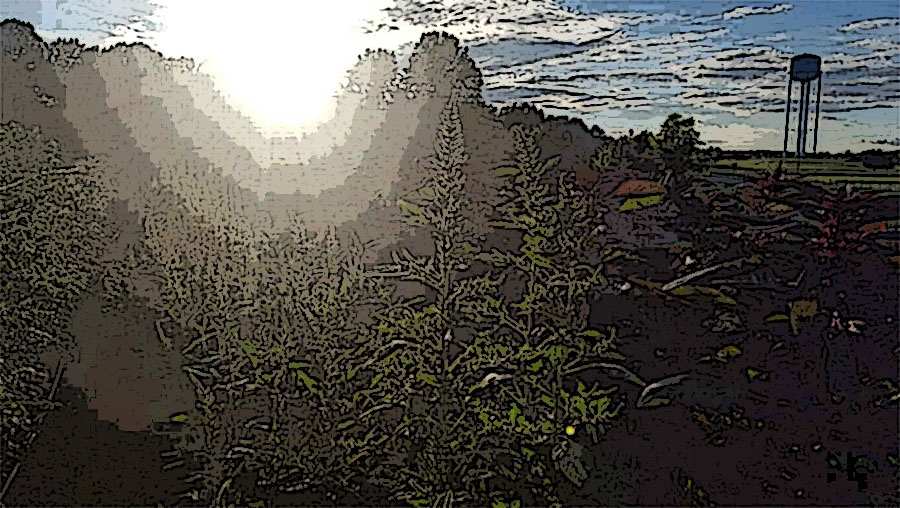Dr. Stephen Carmody: Looking to the Past for a More Sustainable Future

Research on the origins of plant domestication is as relevant today as ever. Although the timing of domestication events and the plants involved are well understood, several questions remain unanswered. Many researchers hold that domestication occurred in increasingly populated floodplain environments during episodes of climatic warming, increased precipitation, and river stabilization. Others argue that the first steps towards domestication took place in the surrounding uplands. I test these models through the analysis of prehistoric plant remains from archaeological sites located in northern Alabama and central Tennessee. My results show that the environmental conditions that favored evolutionary changes in the forming floodplains (i.e. rich soils, highly disturbed landscapes, and the frequent reoccupation of sites by human groups in areas where plant populations naturally occurred) were active in both riverine and upland landscape settings. I explain how the individual decision-making processes of small groups of forager-horticulturalists, not geographical location or environmental determinants alone, resulted in plant genomic changes and the development of pre-Columbian farming in eastern North America. In addition, I discuss how decisions made thousands of years ago have shaped modern societies and explore how indigenous agricultural systems provide sustainable, local-level alternatives to the large-scale mono-crop systems dominant today.
Dr. Carmody is a paleoethnobotanist specializing in the origins of agriculture. He works in the Southeastern U.S.
Sponsored by the Department of Anthropology, the Department of Geography and Planning, the Department of Sustainable Development and the Department of Biology.
For more information, please contact Dr. Cameron Gokee at [email protected].